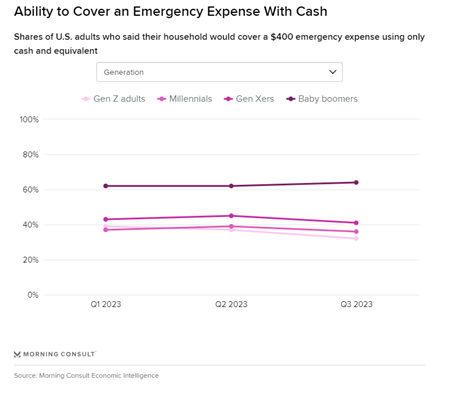Surveys show that roughly half of the young people in
America have a positive view of socialism.
Yet socialism has failed everywhere it’s been tried.
Typically, it is young people that are harmed the most by
socialist economic policies. The
economic plight of young people in China is just one recent example.
If there’s anyplace that socialism should work for young
people, it’s China. China economy has
been centrally planned and managed since1949, longer than any other nation on
earth.
Yet young people in China are having a difficult go of it. Jobs are scarce, youth unemployment
high.
It’s so bad in China cities that young people have begun sharing
beds with strangers just to make ends meet.
Young Chinese call this “hot bedding”.
Hot bedding with a stranger is not a good thing. It’s the kind of thing you might have seen in
a Three Stooges short, not a romantic rendezvous.
Hot bedding has come common because job opportunities for
young people in China are so poor and rents so high.
Below is China’s youth unemployment series for the last five
years as reported by the New
York Times.
By comparison, the youth unemployment rate in the United
States is 8.7 percent.
Notice that the unemployment rate for older Chinese has
actually ticked down a bit over the last five years. Why is rising unemployment in China a more
widespread phenomena?
Simple. Patronage and
work rules in China protect more senior workers with greater political
connections. The Chinese have a name for
that: The Iron Rice Bowl.
That works out great for older workers. They have lifetime sinecures.
But when the economy slows, as it has in China, someone has to
bear the downside.
Instead of sharing the risk of job loss throughout the workforce,
patronage places all of the downside risk on younger people.
Because of their relatively short tenure in the workforce, younger
workers and new entrants have had fewer opportunities to acquire political
connections within their own organization.
Note that I’m not using “political” in the ideological sense. Rather “political” refers to relationships which
may involve the local Communist Party apparatus, or it could just be
relationships with influential managers and other employees.
Union seniority rules in the United States work the same
way. They protect the jobs of some but they
also place the entire risk of job loss on younger workers with fewer years of
experience.
To make matters worse, the Chinese government has decided to
cover up the youth unemployment problem by discontinuing publication of youth
unemployment statistics.
In socialist economies, governments have more control over
everything including the media.
Control of the media allows the ruling party to squelch any
news that makes the ruling powers look bad.
That’s exactly what’s happening in China. As the Chinese economy slows, inconvenient
economic data series disappear.
This week China
announced that it was no longer going to publish the youth unemployment
rate.
That doesn’t solve the problem. That just covers it up.
Despite so much evidence on the failures of socialism, large
numbers of young Americans are sympathetic to socialist ideas. Many even endorse communism.
A recent
survey found that 49 percent of Gen Z had a favorable view of socialism and
a third supported the gradual elimination of capitalism in the United
States.
18 percent of Gen Z and 13 percent of Millennials think communism
is a fairer system than capitalism and deserves consideration in America.
As Marion Smith, the Executive Director of the Victims of
Communism Memorial Foundation put it, the findings of the survey demonstrates “a
total failure of our education system, not just in schools but also a basic
dishonesty in our media and popular culture. When one-in-four Americans want to
eliminate capitalism and embrace socialism, we know that we have failed to
educate about the historical and moral failings of these ideologies.”
Indeed.






